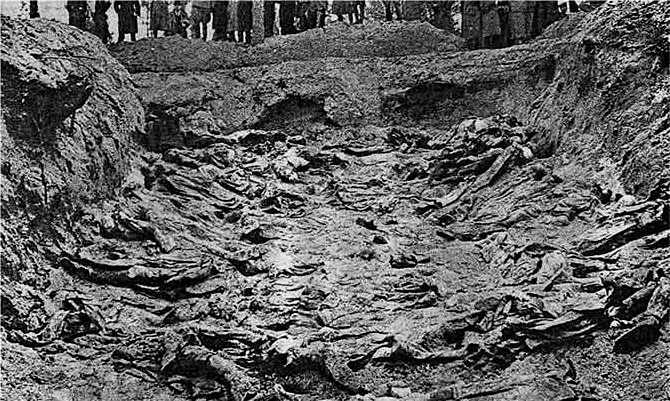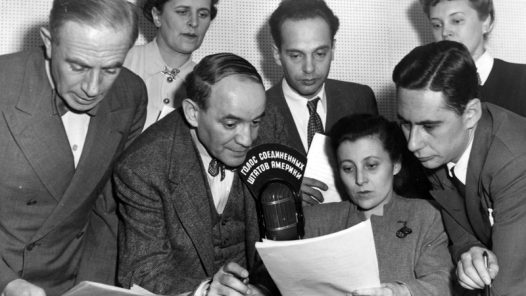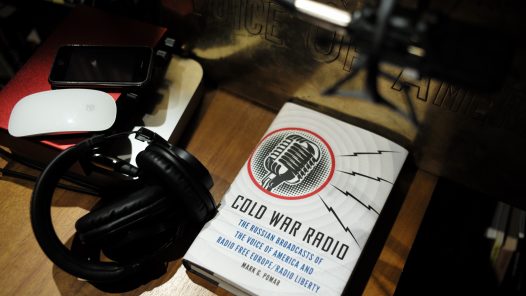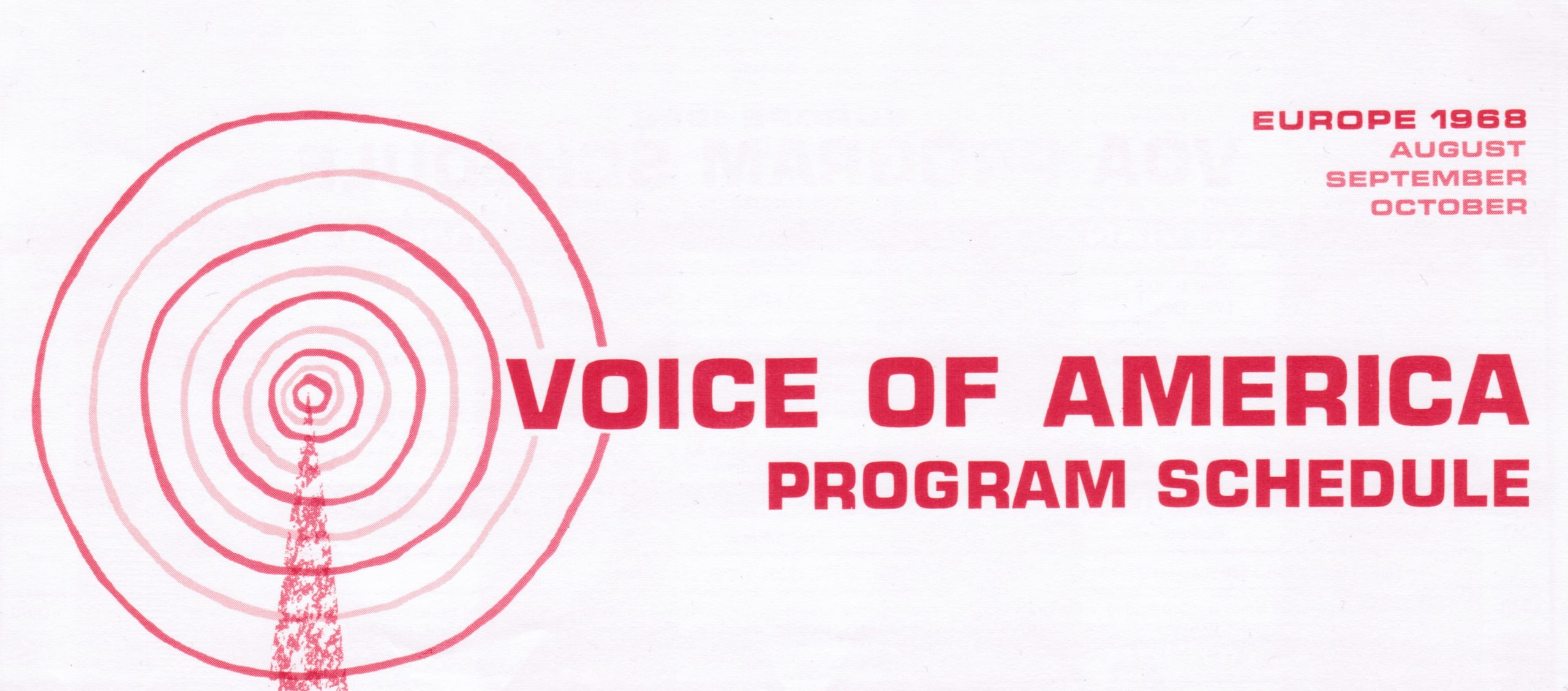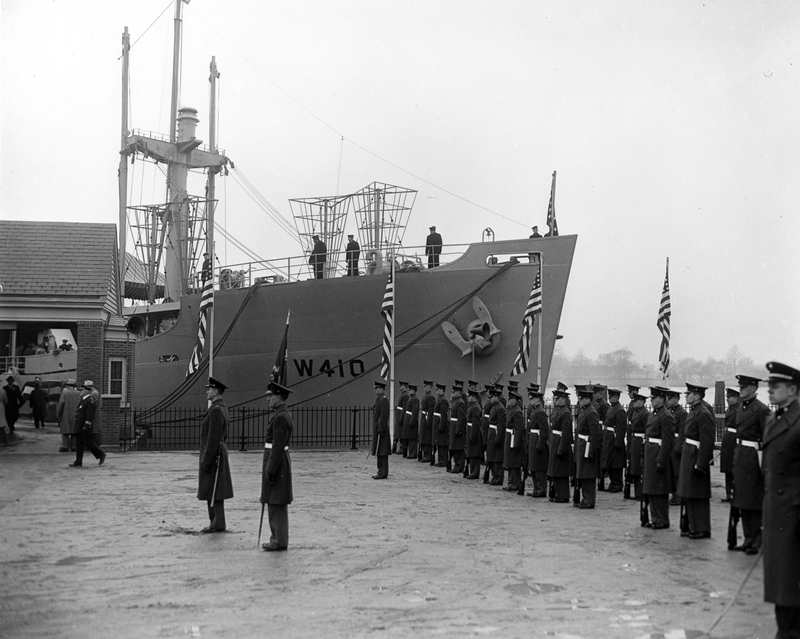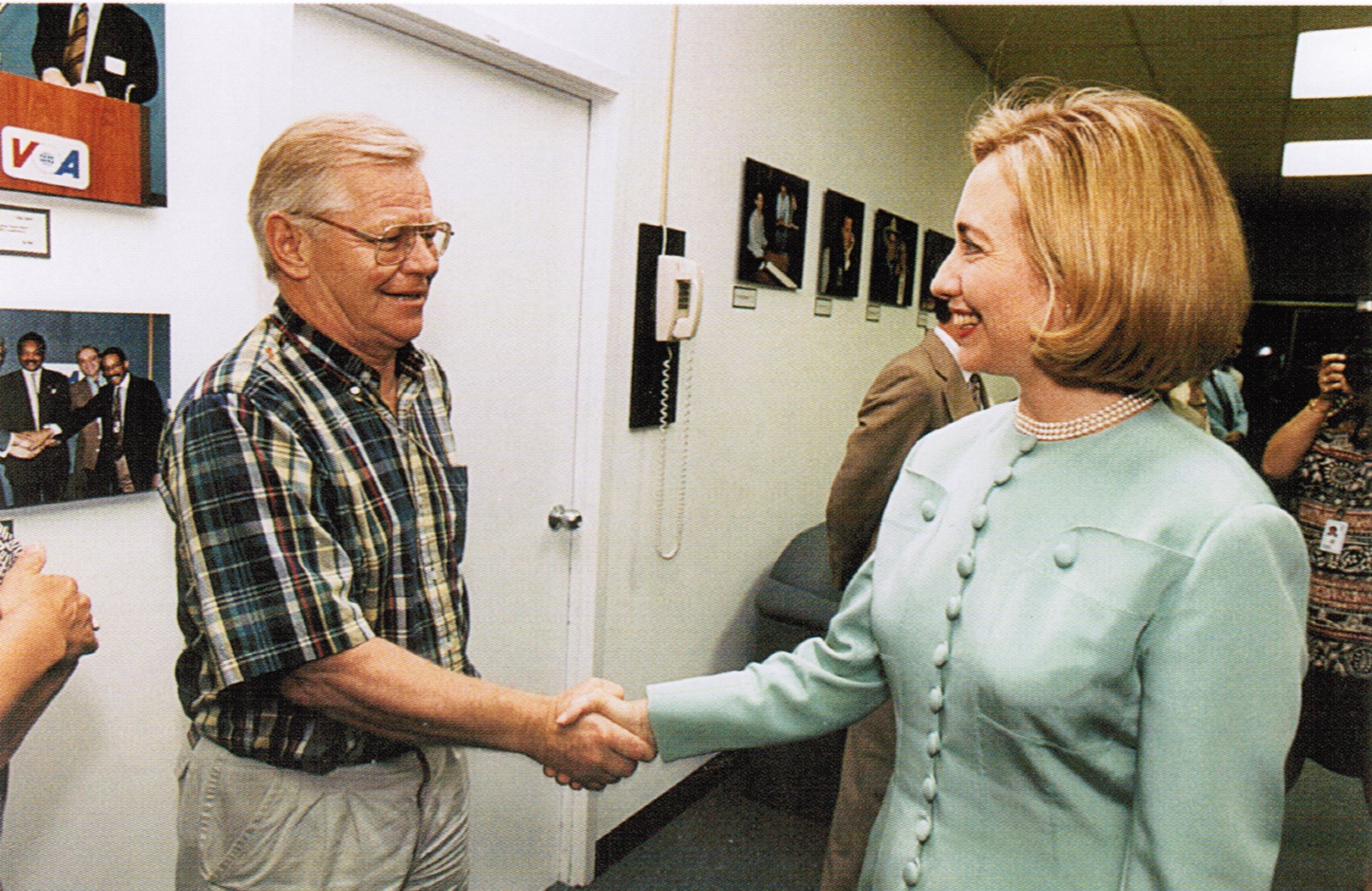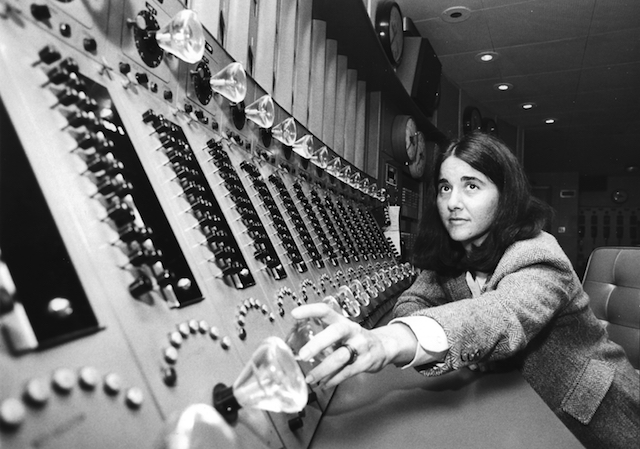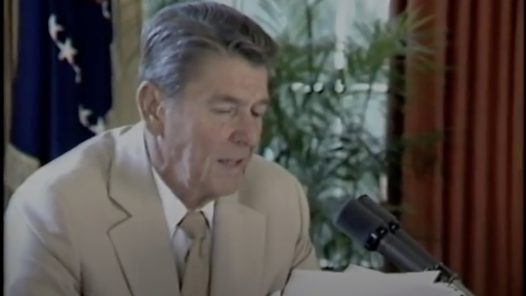By Ted Lipien for Cold War Radio Museum After years of coverup and censorship of news about the Katyn massacre committed by the Soviets in 1940 on about 22,000 Polish military reserve officers, government officials, and intellectual leaders, the...
Cold War Radio Museum By Ted Lipien A partial answer to the question of why the Voice of America (VOA) and the British Broadcasting Corporation (BBC) had no Russian-language radio broadcasts to the Soviet Union until after the end of World War II...
Mark Pomar’s new book about the Cold War political radio could help American government officials unfamiliar with the history of U.S. international broadcasting. By Ted Lipien Mark Pomar’s book Cold War Radio [Mark G. Pomar, Cold War...
A story about U.S. Office of War Information (OWI) and Voice of America (VOA) pro-Soviet propaganda. Ted Lipien for Cold War Radio Museum September 1, 2016 Washington, D.C. International youth assembly. Delegate from Poland. Sept, 1942. The Office...
Soviet jamming was a sign of the effectiveness of Western radio broadcasts. Radio Free Europe and Radio Liberty were consistently jammed. The Voice of America was jammed only during some periods. Ted Lipien for Cold War Radio Museum In his...
Members of the Coast Guard with the cutter Courier, a floating radio transmitter used to air messages from the Voice of America. President Harry S. Truman gave a speech that was transmitted in part through the Courier. Date: March 4, 1952. Credit:...
Right after the declaration of the martial law in Poland in December 1981, U.S.-funded Voice of America and Radio Free Europe expanded their radio broadcasts. These broadcasts continued during the martial law. VOA and Radio Free Europe interviewed...
Maciej Wierzyński at Voice of America One of the most successful and popular Polish-American refugee journalists, Maciej Wierzyński, described his tenure at the Voice of America in the 1990s as the “most frustrating period of his life.” By Ted...
Cold War Radio Museum On August 20, 1980, the Soviet Union resumed jamming radio broadcasts by the Voice of America (VOA), the BBC, and the Deutsche Welle (DW). Soviet jamming was a sign of the effectiveness of Western radio broadcasts. Radio Free...
Toward the end of the Cold War in the 1980s, the Republican administration of conservative President Ronald Reagan greatly increased spending on U.S. international broadcasting to the Soviet Union and to other communist-ruled nations. Broadcasts to...


